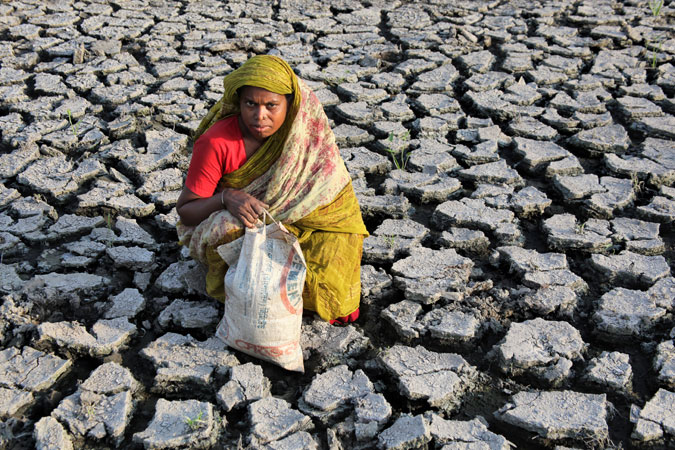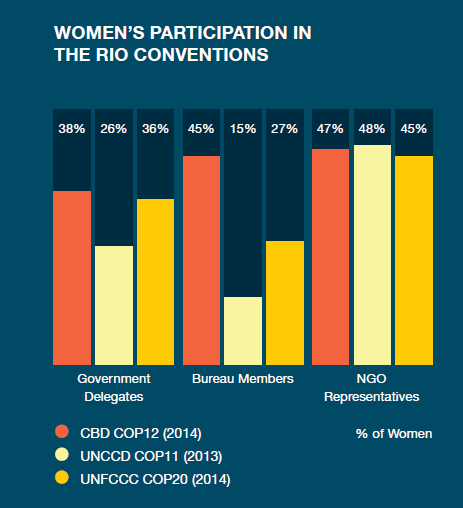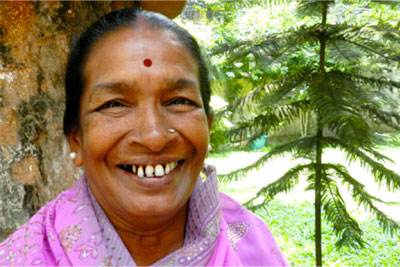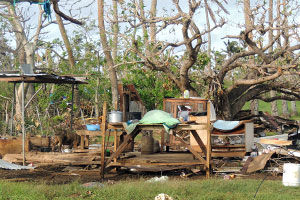SDG 13: Take urgent action to combat climate change and its impacts

Targets
- Promote mechanisms for raising capacity for effective climate change-related planning and management in least developed countries and small island developing States, including focusing on women, youth and local and marginalized communities.
- Strengthen resilience and adaptive capacity to climate-related hazards and natural disasters in all countries.
- Integrate climate change measures into national policies, strategies and planning.
- Improve education, awareness-raising and human and institutional capacity on climate change mitigation, adaptation, impact reduction and early warning.
- Implement the commitment undertaken by developed-country parties to the United Nations Framework Convention on Climate Change to a goal of mobilizing jointly USD 100 billion annually by 2020 from all sources to address the needs of developing countries in the context of meaningful mitigation actions and transparency on implementation and fully operationalize the Green Climate Fund through its capitalization as soon as possible.
Note: Acknowledging that the United Nations Framework Convention on Climate Change is the primary international, intergovernmental forum for negotiating the global response to climate change.
Climate change poses growing risks. Catastrophic storms destroy lives and homes. Droughts pressure rural livelihoods. Sea level rise threatens low-lying areas.
Slowing a dangerous rise in global temperatures depends on reducing greenhouse gas emissions. Since some level of climate change is now inexorable, other actions must help people adapt and become more resilient. Adequate education and employment, for example, help build safety nets against disaster.
The most vulnerable people are most at risk from climate change, including many poor women. For them, the impacts are already a daily reality. Many spend increasingly long hours hunting for food, fuel and water, or struggling to grow crops. When disasters strike, women are far more likely to perish [1].
Through their experiences and traditional knowledge as stewards of many natural resources, women can offer valuable insights into better managing the climate and its risks. They also have a right to all capacities needed to protect themselves, and to participate in decisions with profound implications for people and the planet.
UN Women works to combat climate change by advocating for gender equality and women’s empowerment in mitigating and adapting to climate change, against the backdrop of achieving equitable and inclusive sustainable development. The organization calls for women to be heard at all levels of decision-making, from households to political arenas. In global climate change negotiations, UN Women actively promotes commitments to gender equality and women’s rights as well as women’s contributions to all aspects of mitigation and adaptation.
Stories
Women in Bangladesh build resilience against climate change
In 10 of the most climate-vulnerable districts of Bangladesh, more than 19,100 women have built better systems of support and preparation for disasters, while livelihood skills training has enabled more than 1,600 women to expand their businesses.
Putting women at the forefront of climate change and disaster response in the Pacific
Whether training women solar engineers in Fiji or assisting with the humanitarian response plan after a major cyclone in Tonga, UN Women is working with climate-change and disaster-management professionals across the Pacific for effective and gender-inclusive climate-change-related planning.
Notes
[1] United Nations Economic and Social Council (2013), Gender equality and the empowerment of women in natural disasters Report of the Secretary-General, p. 3.


